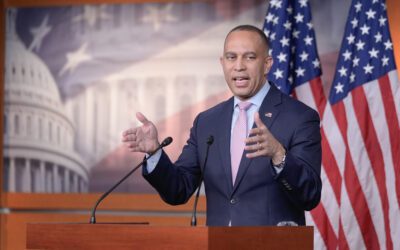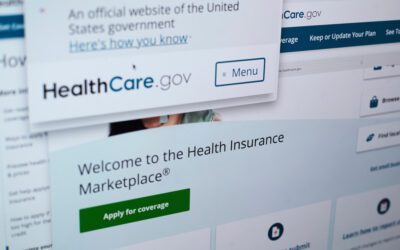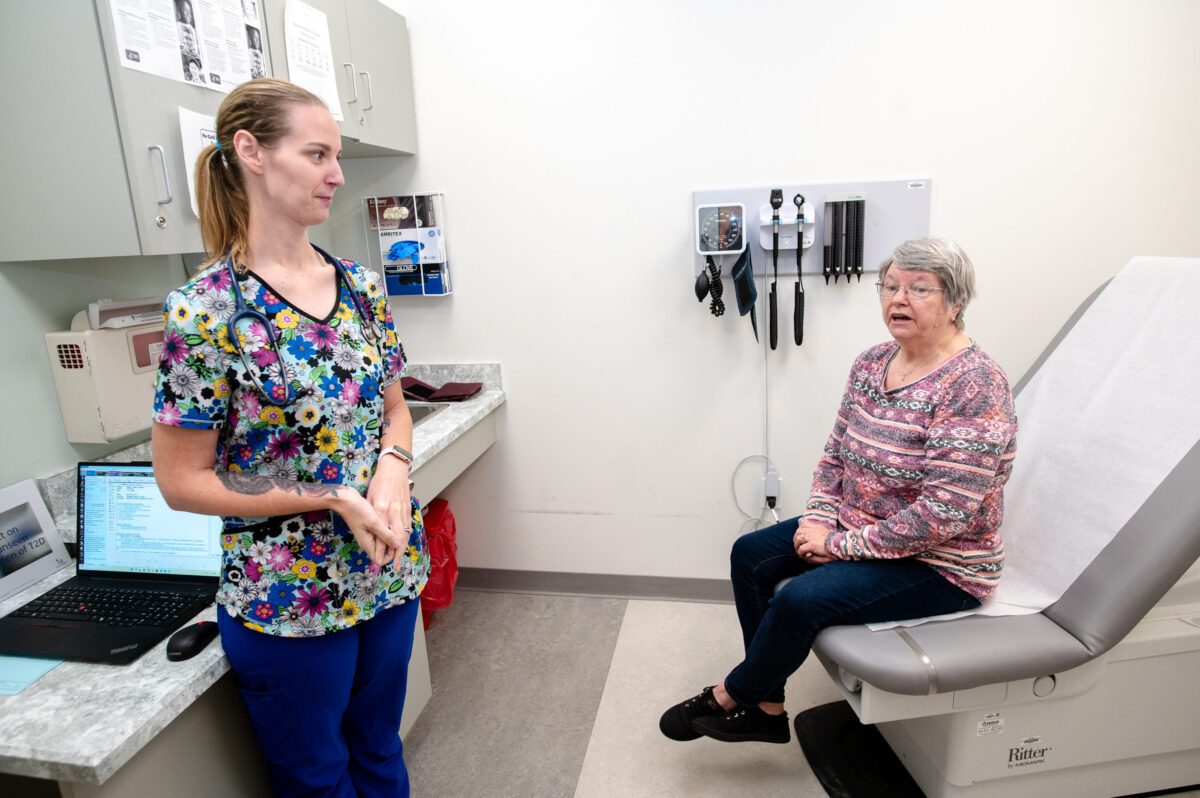
Charlotte Hauer of Connellsville, right, chats with medical assistant Courtney Breakion at Centerville Clinics Connellsville Medical and Dental Office during a wellness visit on September 23, 2025, in Connellsville, PA.
Pennsylvania officials have pitched a roughly $1 billion plan for strengthening rural health care as they compete with other states for one-time federal grant funds to blunt the effects of impending Medicaid cuts.
Congress earlier this year created a $50 billion rural health fund in an attempt to address concerns about the One Big Beautiful Bill Act’s Medicaid spending reductions, which total an estimated $911 billion over a decade. Though the new federal funding stream won’t come close to replacing these losses, states scrambled to meet the Nov. 5 deadline to apply for their share of the aid.
Officials in Pennsylvania, which has the nation’s third-largest rural population, said their plan for the money would bolster the medical workforce, strengthen emergency services and shore up maternity and elder care in places where people often struggle to access it.
“These communities face substantial health challenges driven by geographic isolation, workforce shortages, hospital and service line closures and limited access to specialty care,” officials wrote in the proposal submitted to the federal government.
Half of the money available through the new federal Rural Health Transformation Program will be divided equally between states with approved proposals, so Pennsylvania stands to get $500 million through this distribution. The remaining $25 billion will go to states based on their “proposed initiatives and alignment with program goals,” according to the Centers for Medicare and Medicaid Services.
Federal officials will decide by the end of December how much each state will receive.
Here how Pennsylvania wants to spend its five-year grant.
$243 million on technology and innovation
The proposal describes updating the statewide network that allows providers, insurers and patients to share health information with one another and talks about preparing systems for the emergence of artificial intelligence tools. It also calls for creating regional hubs that will lead the way in adopting new technologies and offer technical assistance and training for health facilities in their area.
In addition, officials said they want to deploy mobile health units with telehealth technology that patients could use to access virtual visits with nurses and specialists. These units would travel through a region on a regular schedule so residents would know when to expect them, and they could target specific local needs, such as prenatal care or dental services.
The plan also mentions establishing community health hubs that would “coordinate access to resources, wellness activities, and healthier living close to home.”
$239 million to address dire need for rural health workers
Some of this funding would flow toward recruiting rural youth into health care fields by offering hands-on experiences, apprenticeships and mentoring and tutoring for pre-med and pre-dental students.
Officials have pitched offering scholarships and stipends to medical, dental and nursing students who commit to working for at least five years in a rural area. They also want to encourage clinical rotations in rural communities by, for example, providing short-term housing for trainees, according to the plan.
And the commonwealth must explore “new and expanded workforce models” in rural areas by emphasizing collaboration and training opportunities, the proposal states.
$187 million on maternal health care
To address the erosion of prenatal care in rural areas, Pennsylvania officials say they want to open regional maternal health hubs that would care for patients “from preconception through 12 months postpartum and for babies during their first year of life.”
A team of nurses, doulas, community health workers, social workers and others would staff these hubs, which would initially draw some support from monthly member payments. Officials say their goal is to open at least two of these centers by 2028, according to the planning document.
The hubs would come outfitted with remote monitoring technologies to help care for women with high-risk pregnancies or postpartum complications. For instance, patients could take home devices to read their blood pressure daily and transmit the results to nurses.
$86.5 million for emergency medical services and transportation
The plan proposes investments in electrocardiogram machines, lifts and ambulances for rural emergency medical teams. More funding would go toward recruitment and offering tuition reimbursement for rescue workers who agree to spend at least five years in a rural community.
State officials have also proposed buying car seats to streamline an existing program that offers Medicaid recipients transportation to medical appointments. Currently, families must provide and install their own car seats to get a ride, creating barriers that cause some to forgo checkups, the plan states.
$78 million for aging services
Officials say they want to enhance community paramedicine programs that use trained paramedics to assist older adults in returning home after a hospitalization. In this model, the medics check in on these patients and provide follow-up care.
Beyond that, paramedics could also make home visits to help older Pennsylvanians manage chronic conditions, perform health screenings and evaluate fall risk, the plan explains.
Other portions of this funding would go toward quality improvement efforts in long-term living facilities and toward expanding wraparound aging services to counties in northeastern Pennsylvania.
$61 million for behavioral health
This money would strengthen an existing program that links psychiatrists with local physicians and other providers who want advice on caring for patients with mental health concerns and substance use disorders.
While this initiative now focuses on children from low-income families, officials say they want to broaden it to serve all kids, pregnant women and adults in rural communities. The plan also describes other efforts to offer mental health expertise to rural providers and weave behavioral health into their primary care services.
The funding for behavioral health would also support scholarships for certified peer specialists, workers who have gone through addiction or mental illness and can draw from their own experiences to help others facing similar struggles.
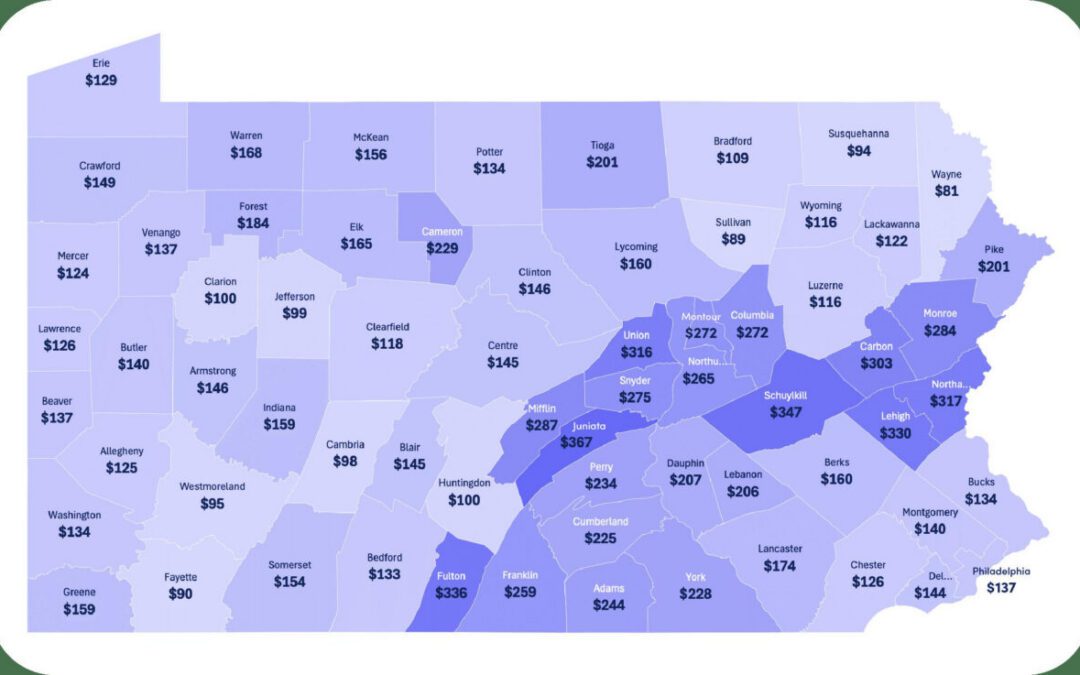
One in 5 ACA enrollees in Pa. drops health coverage as costs spike
About 85,000 Pennsylvanians have dropped their Affordable Care Act coverage for 2026 in the face of soaring premium costs from the expiration of...

It’s 2026 and you’re uninsured. Now what?
It’s 2026, and you’re uninsured. Now what? Renuka Rayasam February 2, 2026 Health policy changes in Washington will ripple through the...
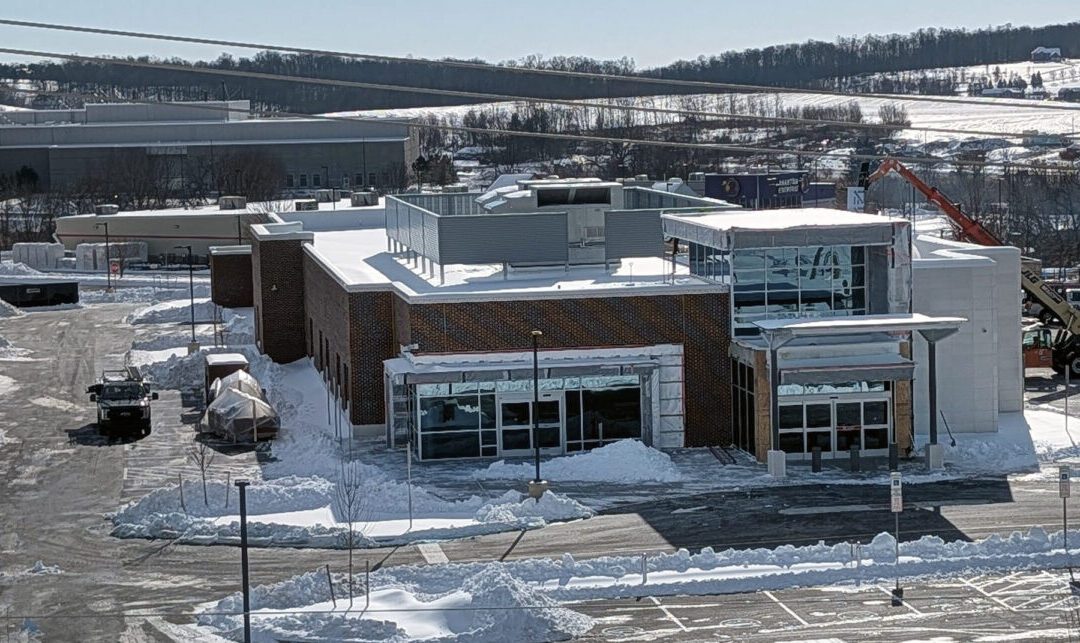
Two community hospitals in York County set to open this spring
Two new community hospitals in York County are expected to open in the spring, according to WellSpan's advertisements. One of the hospitals is just...
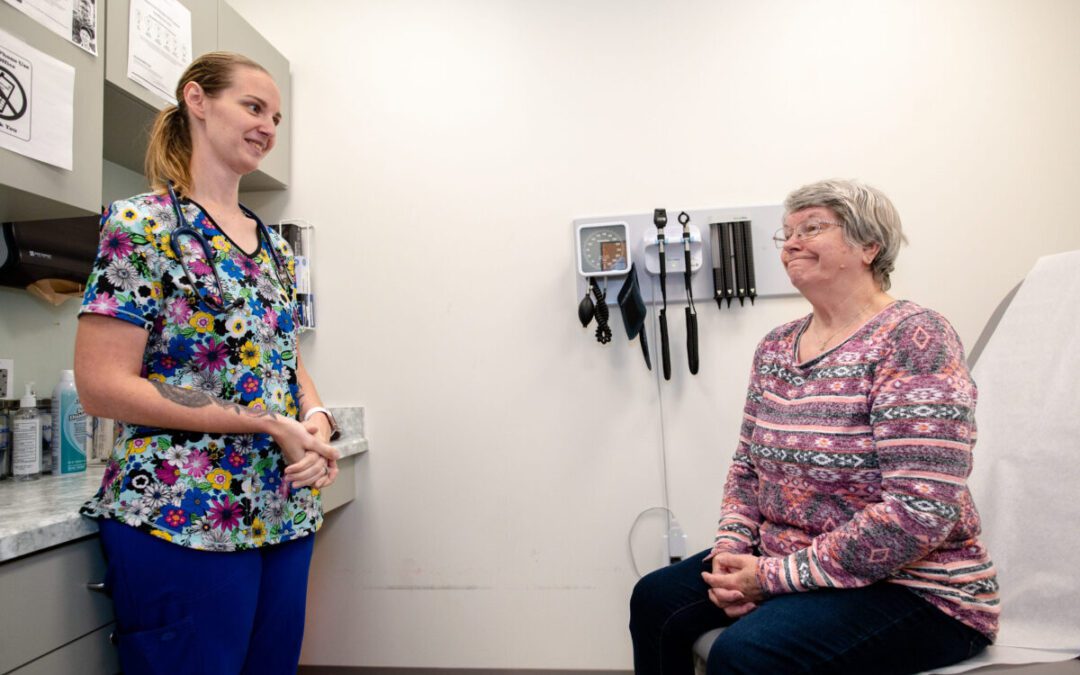
Report: Pa. hospitals face increasingly precarious financial future
Financial instability could force closures at more than a dozen Pennsylvania hospitals in the coming five years if state policymakers fail to act...
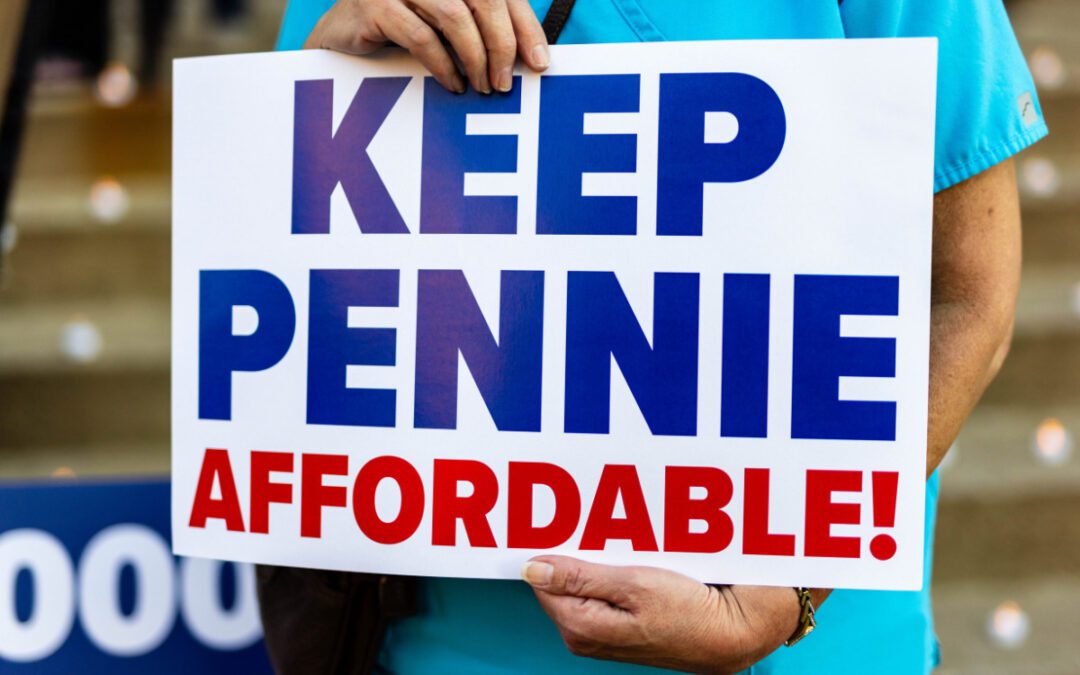
Pa. Pennie enrollment drops as Congress wrestles with health insurance subsidy vote
Some Pennsylvanians stay enrolled and pay tripled premiums with the hope lawmakers will vote to extend tax credits. Thousands of Pennsylvanians have...


